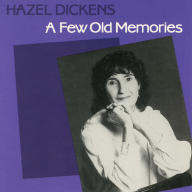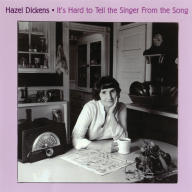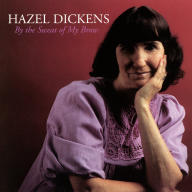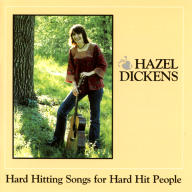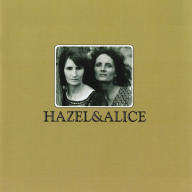The four displaced siblings often attended old-timey festivals and gatherings, watching others and performing themselves. At one of these festivals, Dickens met Mike Seeger (younger brother of folk legend Pete Seeger), and the two formed a band with her brothers. Over the ensuing decade, Dickens became active in the folk/bluegrass movement around the Baltimore/Washington, D.C., area, playing bass and singing with several bands, including the Greenbriar Boys, who toured with Joan Baez in the '60s.
Around this time she met Mike Seeger's wife, Alice Gerrard, a classically trained singer also interested in old-timey music. At the nearby Library of Congress, the two began researching early feminist songs and then incorporated them into their own repertoire. The duo performed throughout the country -- particularly the South -- and recorded two albums for Folkways, Who's That Knocking (And Other Bluegrass Country Music) (1965) and Won't You Come Sing for Me (1973).
The two separated in 1973 -- two later albums were compiled from previous recordings -- and Dickens began her solo career with a flourish. She recorded four songs for the soundtrack to the Academy Award-winning documentary about coal mining, Harlan County, USA. Three years later, she contributed to the soundtrack for With Babies and Banners and began a solo career five years later. Her three solo albums for Rounder, Hard Hitting Songs for the Hard Hit (1981), By the Sweat of My Brow (1983), and It's Hard to Tell the Singer from the Song (1987), include old-timey country alongside protest songs and songs in a more contemporary country style. Rounder's A Few Old Memories distills the best of the three albums onto one disc. A recipient of a National Heritage Award from the National Endowment for the Arts in 2008, Hazel Dickens was widely recognized as a pioneer in bluegrass music and women's music overall. She died at the age of 75 due to complications from pneumonia in Washington, D.C. on April 22, 2011. ~ John Bush, Rovi


